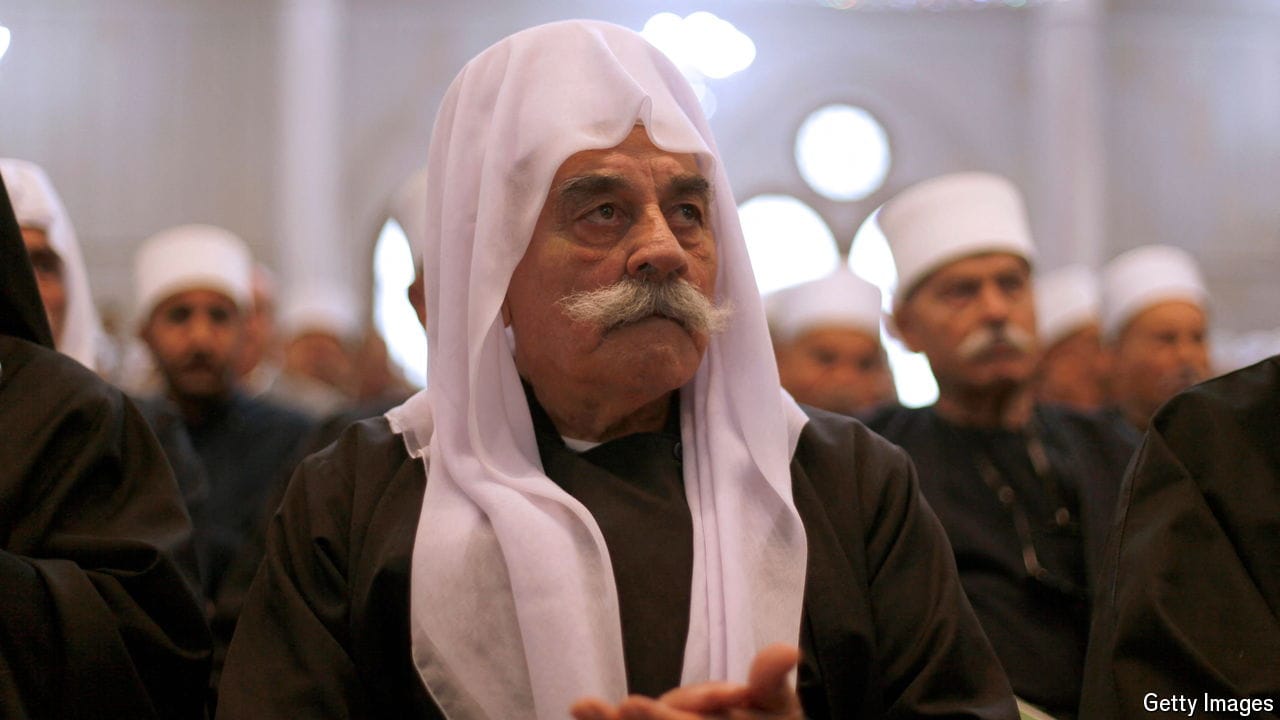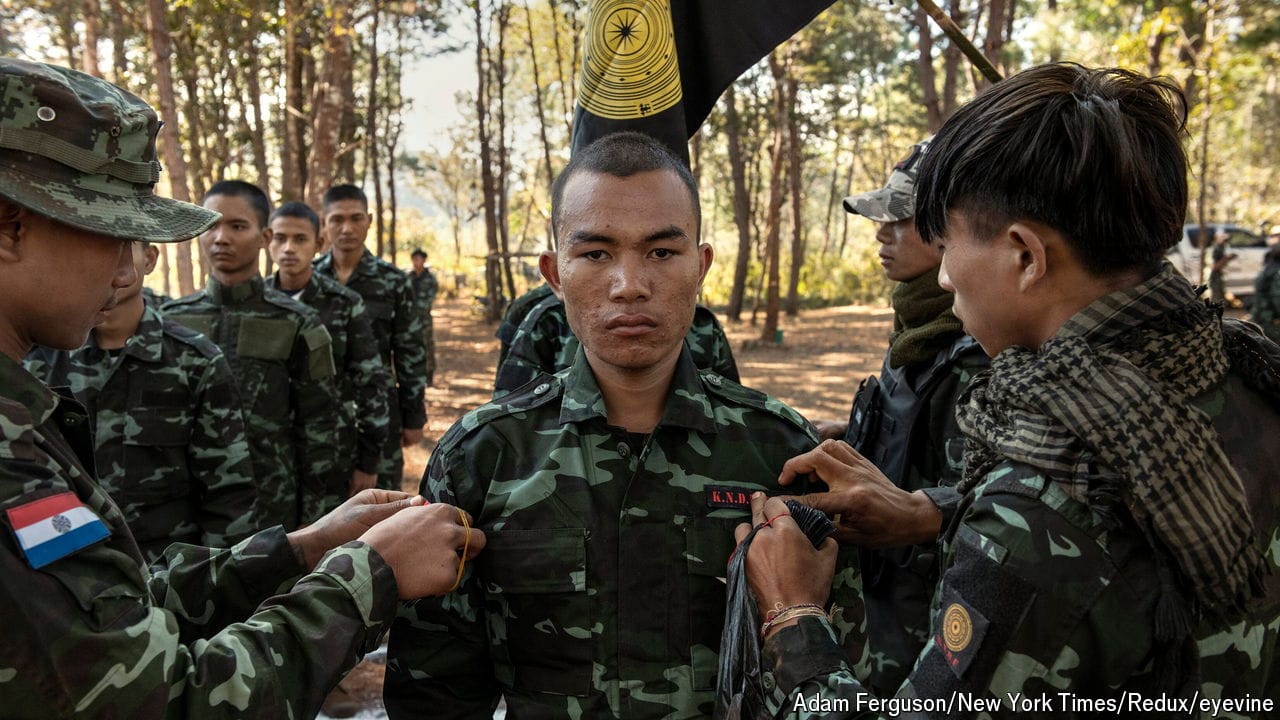What makes biological weapons so dangerous, and does Russia have them?
The weapons are banned, but the ban is poorly policed

VLADIMIR PUTIN’S forces have committed many atrocities in their invasion of Ukraine. Some fear there is worse to come. America has warned that Mr Putin may be considering the use of biological and chemical weapons. On March 23rd, ahead of a NATO summit, Jens Stoltenberg, the alliance’s secretary-general, said he expected its members to provide “equipment to help Ukraine protect against chemical, biological, radiological and nuclear threats”. The use of chemical weapons would be nothing new for Russia: it has previously used them in attempted assassinations, and the Syrian regime that it backs has used sarin gas. The use of biological weapons, though, would be novel—and potentially more deadly. What is the difference between biological and chemical weapons, and why are the former so troubling?
Chemical weapons, as the name suggests, involve the use of toxic chemicals to harm an enemy. Biological weapons specifically involve the use of living organisms, although some expand the definition to include the toxins such organisms can produce. Using living things as a weapon has a long history. The Ancient Greeks are thought to have put animal corpses in enemies’ wells, the bacteria poisoning the water. As biotechnology developed, so did weapons. During the first world war, German forces tried to infect Allied livestock with anthrax and glanders, a disease that primarily affects horses. In the second world war, Japan bombed China with fleas carrying the bubonic plague. Both America and the Soviet Union experimented with anthrax, which can kill people when inhaled. Russia was reportedly developing smallpox-based weapons as late as 1988.
More from The Economist explains

Who are the Druze, the victims of a deadly strike on Israel?
The religious minority has often been caught up in regional crossfire in the Middle East

Myanmar’s rapidly changing civil war, in maps and charts
Ethnic militias and pro-democracy groups are scoring victories against the governing junta

Who will be Kamala Harris’s running-mate?
She is reportedly vetting a dozen options. These are the top three
Why have so few American presidents been from the West?
Kamala Harris’s nomination would be a milestone for the region
Why the Olympics still has a doping problem
Cheating with drugs has again become an organised affair
Why some Russian athletes will be eligible to compete at the Paris Olympics
Despite antipathy between the Russian government and the International Olympic Committee a handful will compete